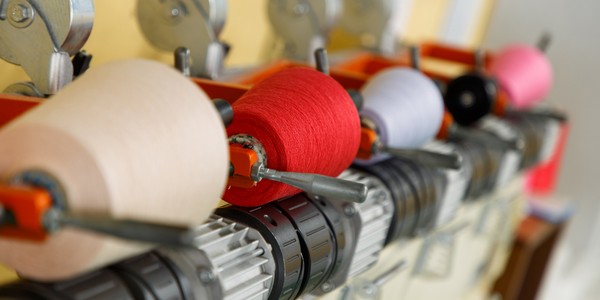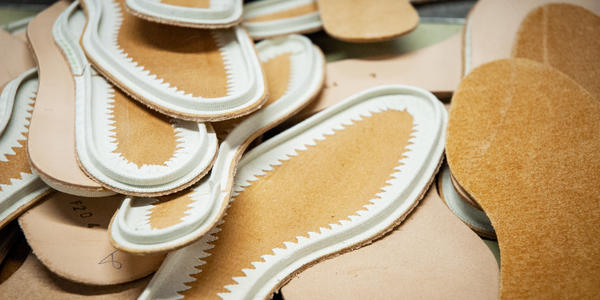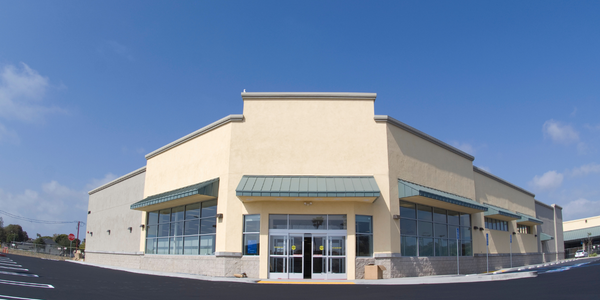Customer Company Size
Large Corporate
Region
- Europe
Country
- Lithuania
Product
- Lectra 3D Virtual Prototyping
Tech Stack
- 3D Virtual Prototyping
Implementation Scale
- Enterprise-wide Deployment
Impact Metrics
- Customer Satisfaction
- Digital Expertise
- Productivity Improvements
Technology Category
- Analytics & Modeling - Digital Twin / Simulation
- Functional Applications - Product Lifecycle Management Systems (PLM)
Applicable Industries
- Apparel
Applicable Functions
- Product Research & Development
- Quality Assurance
Use Cases
- Digital Twin
- Remote Collaboration
- Virtual Prototyping & Product Testing
Services
- Software Design & Engineering Services
- Training
About The Customer
Kauno Baltija is a Lithuanian-based company specializing in the manufacturing of high-end womenswear for prestigious European brands. Established in 1940 as a state-run garment manufacturer, it has grown to become one of the oldest and largest producers of womenswear in Lithuania. The company produces around 700,000 garments per year for seven well-established high-end brands with European prestige. In 2013, Kauno Baltija launched its own brand, LOULU ET TU, which has been acclaimed by the European fashion press and spotted on celebrities. The company prides itself on its excellent service, flawless product quality, and rapid production cycles, typically ranging from three to five weeks.
The Challenge
An expert in manufacturing high-end womenswear for prestigious European brands, Lithuanian-based company Kauno Baltija decided to take matters into their own hands in 2013 by launching a first own-brand, LOULU ET TU. This elegant womenswear offer with a contemporary twist has been acclaimed by the European fashion press and spotted on celebrities. Yet manufacturing and brand development are not the same game. The biggest challenge for this company was to continue providing the same excellent service and flawless product to their manufacturing customers while shifting their business model to that of a hybrid company. Kauno Baltija needed to manage these changes effectively and achieve perfect fit, rapid time-to-market and superior quality in order to compete on the international stage.
The Solution
Thanks to a partnership with Lectra that spans nearly 20 years, Kauno Baltija was able to find the right solution to manage the challenge of successfully launching a new brand while simultaneously transforming its business model and, on a deeper level, the way they work. With Lectra’s 3D virtual prototyping solution, Kauno Baltija has been able to reduce development time, achieve perfect fit, and facilitate seamless communication at the product development stage. The implementation of 3D virtual prototyping has allowed Kauno Baltija to ensure optimal quality for their first own-brand. The software provides visibility between freelance designers and in-house teams, allowing for early decision-making and a collaborative process. This has enabled the company to visualize, adjust, and virtually grade styles on a 3D avatar, ensuring perfect fit in every size.
Operational Impact
Quantitative Benefit

Case Study missing?
Start adding your own!
Register with your work email and create a new case study profile for your business.
Related Case Studies.

Case Study
Fire Alarm System and Remote Monitoring Sytem
Fire alarm systems are essential in providing an early warning in the event of fire. They help to save lives and protect property whilst also fulfilling the needs of insurance companies and government departments.Fire alarm systems typically consist of several inter-linked components, such as smoke detectors, heat detector, carbon monoxide, manual call points, sounders, alarm and buzzer. The fire alarm system should give immediate information in order to prevent the fire spread and protect live and property.To get maximum protection a shoe manufacturer in Indonesia opted for a new fire alarm system to monitor 13 production sites spread over 160 hectars. Although the company had an existing fire alarm system, it could not be monitored remotely.It was essential that the new system would be able to be monitored from a central control room. It needed to be able to connect to the existing smoke detector and manual call point. Information should be easily collected and passed on to the Supervisory Control and Data Acquisition (SCADA) system. Furthermore, the system should have several features such as alarm management, auto reporting, being connected to many client computers without additional cost, and run 24/7 without fails. The company also needed a system which could be implemented without changing the architecture of the existing fire alarm system.

Case Study
IoT Applications and Upgrades in Textile Plant
At any given time, the textile company’s manufacturing facility has up to 2,000 textile carts in use. These carts are pushed from room to room, carrying materials or semi-finished products. Previously, a paper with a hand-written description was attached to each cart. This traditional method of processing made product tracking extremely difficult. Additionally, making sure that every cart of materials or semi-finished products went to its correct processing work station was also a problem. Therefore, the company desired an intelligent solution for tracking assets at their factories. They also wanted a solution that would help them collect process data so they could improve their manufacturing efficiency.

Case Study
Retailer Uses RFID Scanner to Improve Efficiency
Patrizia Pepe wished to improve the logistics of their warehouse: accepting incoming goods from their production sites, movement of items throughout
the warehouse, and packaging of goods for distribution to the retail locations. They initially tried to use barcodes for this function. Because barcodes must be individually scanned within a line-of-sight, the acceptance of goods coming into the warehouse was too time consuming. Working with the University of Florence, Patrizia Pepe instituted a five-month pilot project beginning in August of 2009 to test the validity of an RFID solution. The pilot involved tagging of about 60,000 items for the second seasonal collection, and convinced the company to move forward with tagging all items.

Case Study
Monitoring and Controlling Automatic Mixing and Dispensing Machines
As technology advances, textile manufacturing has been transformed from a labor-intensive to a partially or fully automated industry. Automation is significant in all segments of textile production - from spinning to printing, and textile machinery manufacturers are constantly searching for new technologies and automation processes will increase the productivity of their machines. The color paste mixing and dispensing machine is an essential part of the printing and dyeing process. With the advantage of automatically computerized controls and database management, the system can significantly improve its dispensing precision, working efficiency and production quality as well as reducing material consumption.





